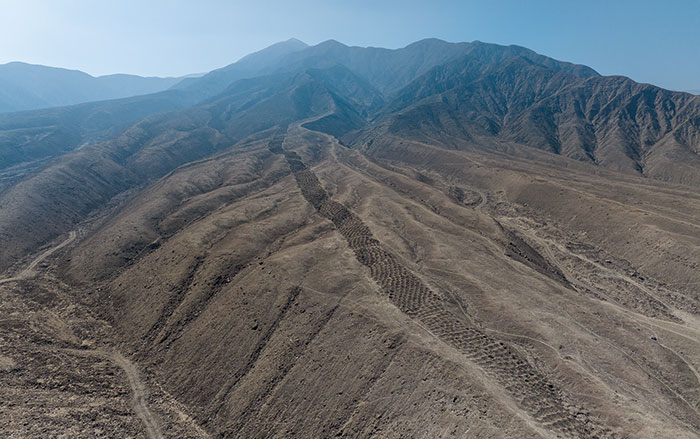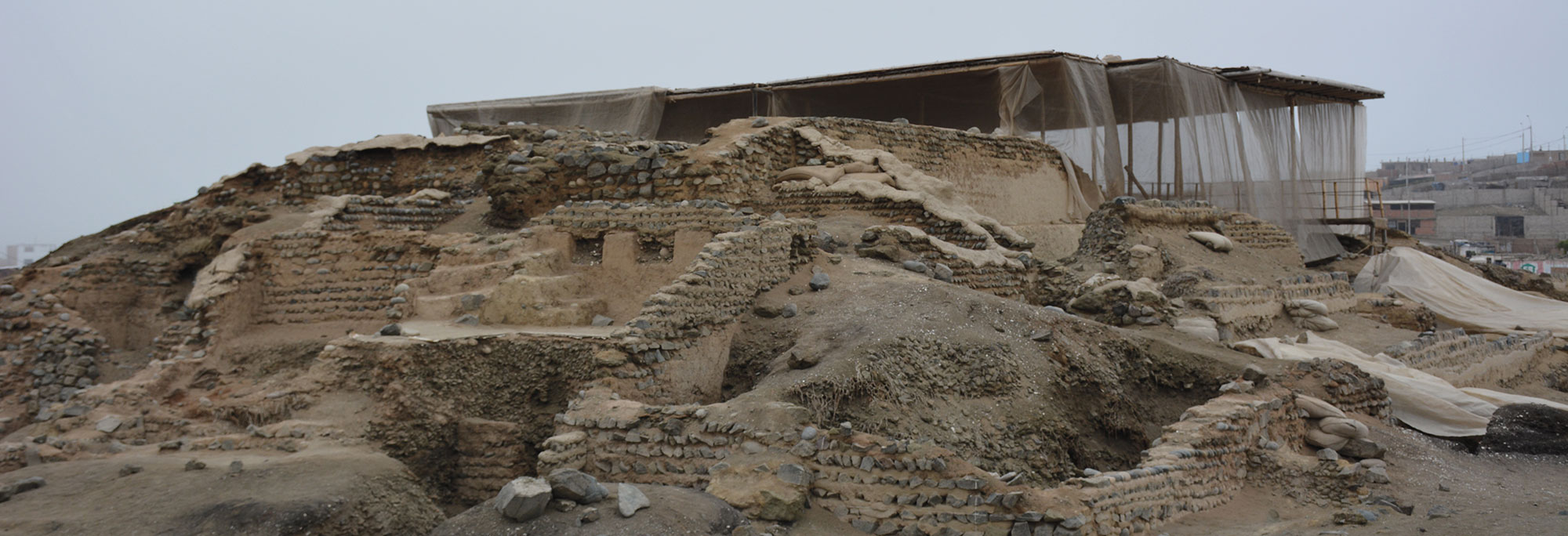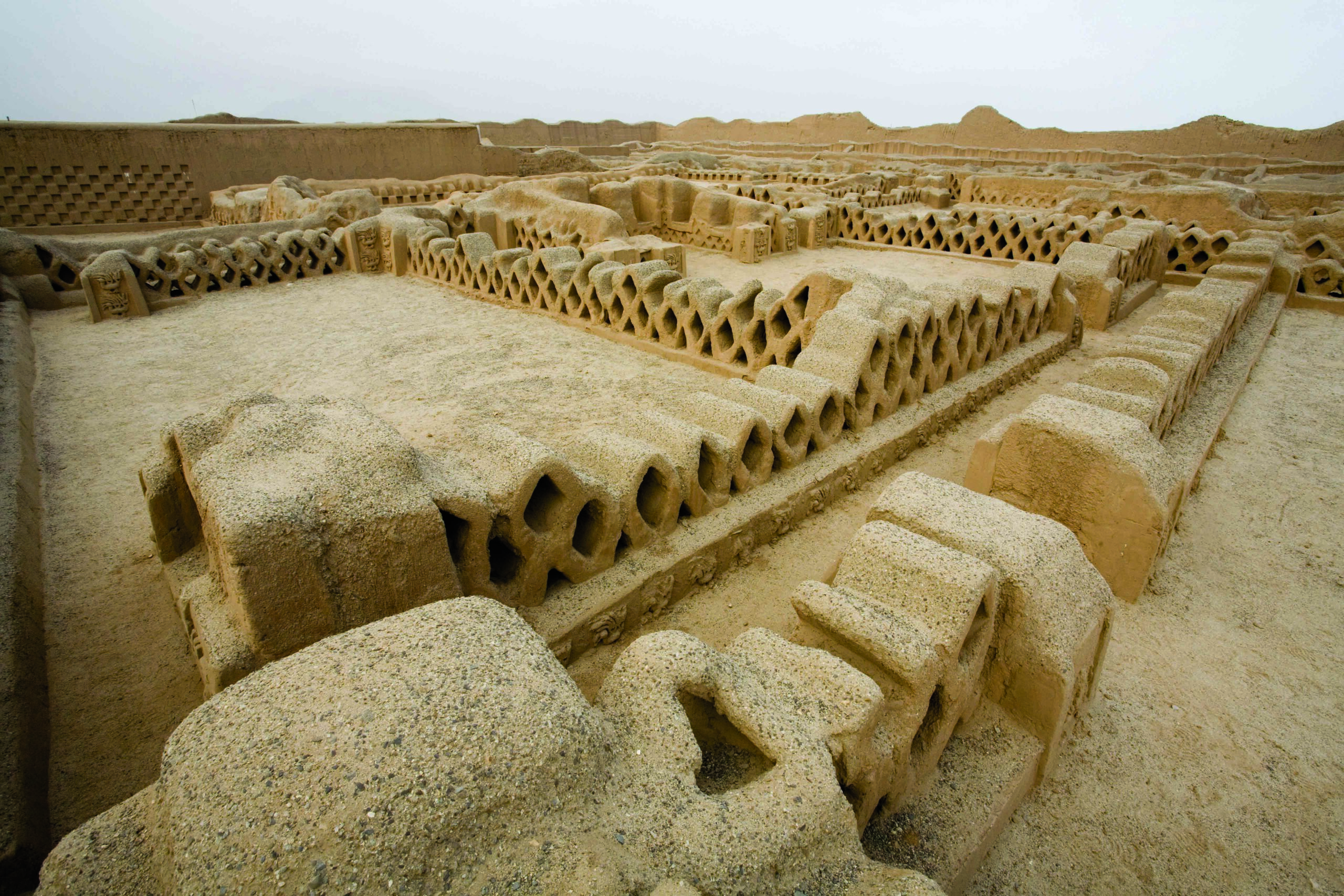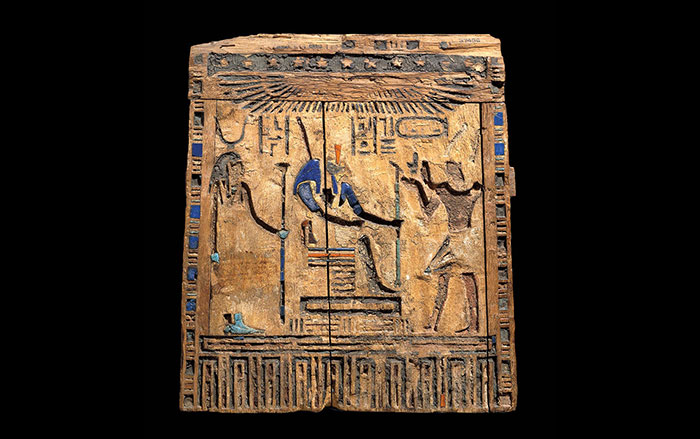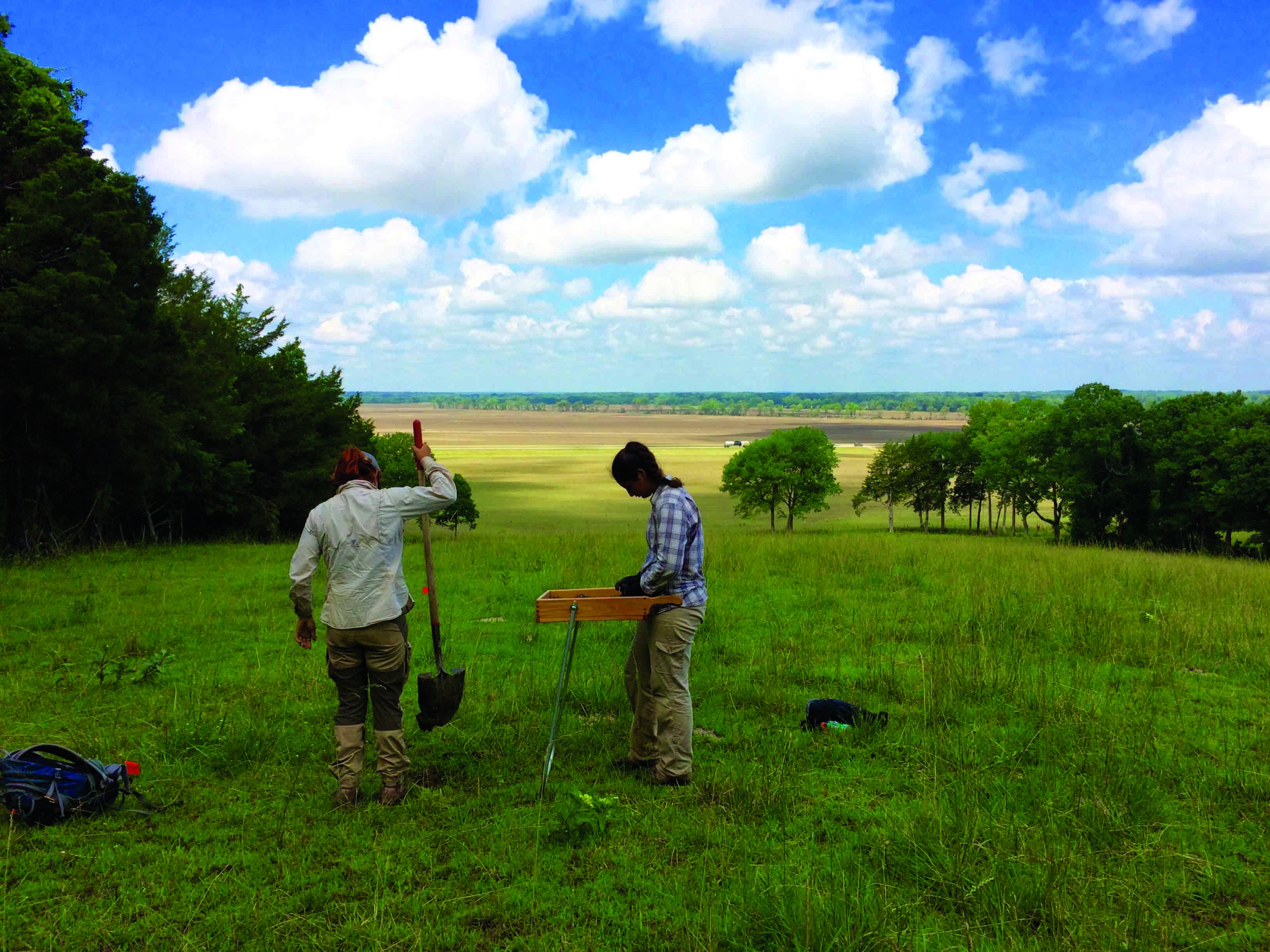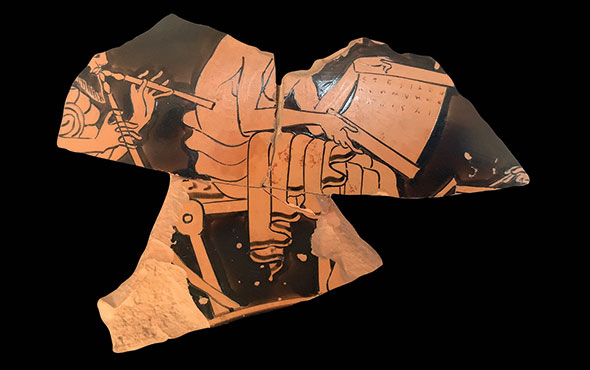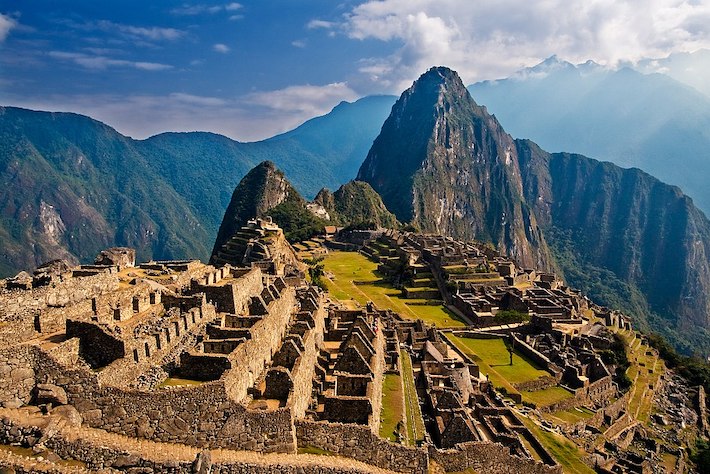
NEW ORLEANS, LOUISIANA—According to a statement released by Tulane University, archaeologist Jason Nesbitt and his colleagues analyzed the genomes of 34 sets of human remains recovered at Machu Picchu, the fifteenth-century Inca citadel perched on a mountain ridge in southern Peru. Nesbitt explained that the samples came from people who lived at the site as retainers and workers for Inca royalty and elites. Their DNA was then compared with DNA recovered from Inca burials in other parts of the empire and modern genomes from South America. The results of the study suggest that people traveled to Machu Picchu from all over the region. A lack of mixing among the individuals in the study also indicates that individuals traveled to the citadel alone, rather than in a family or community group, Nesbitt explained. Read the original scholarly article about this research in Science Advances. For more on the site, go to "Machu Picchu's Stairway of Fountains."


